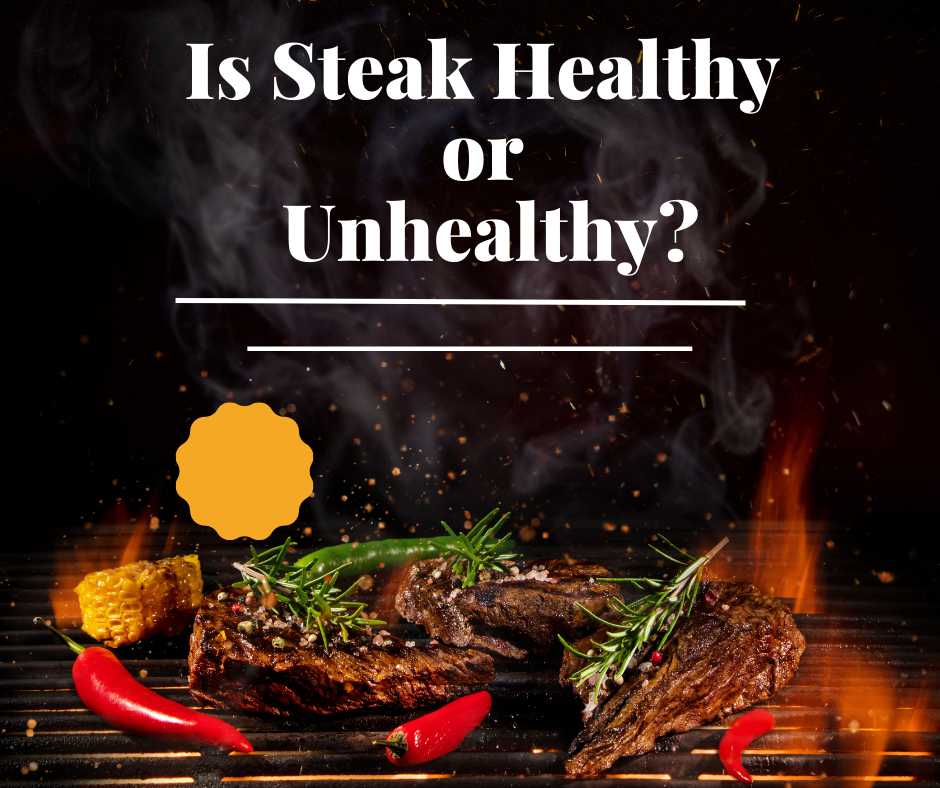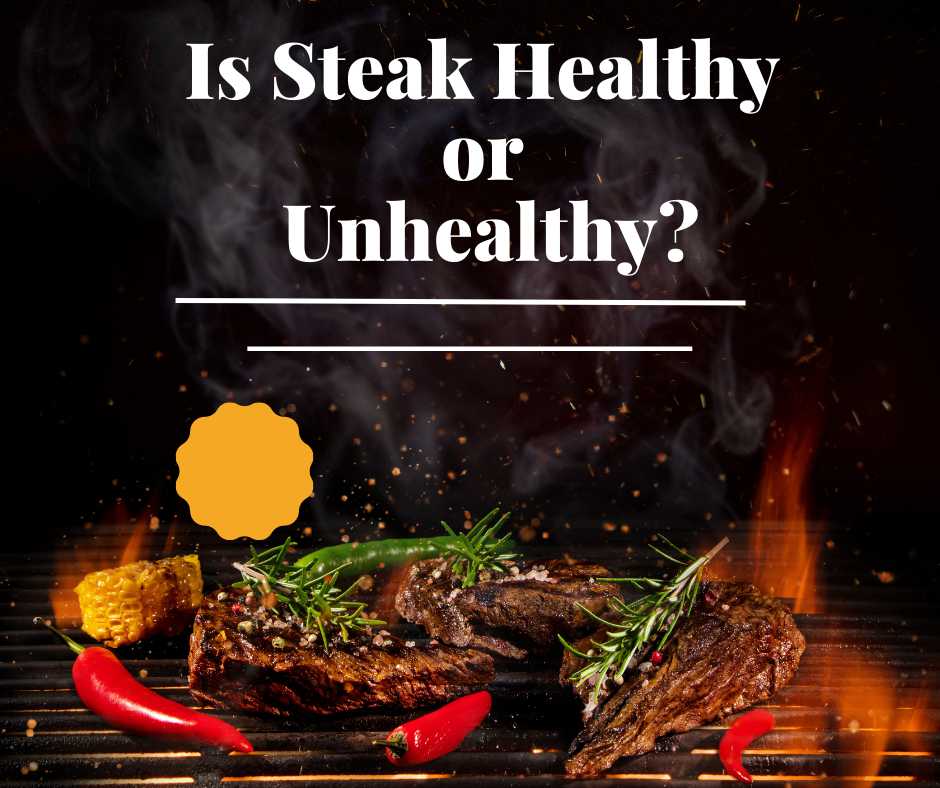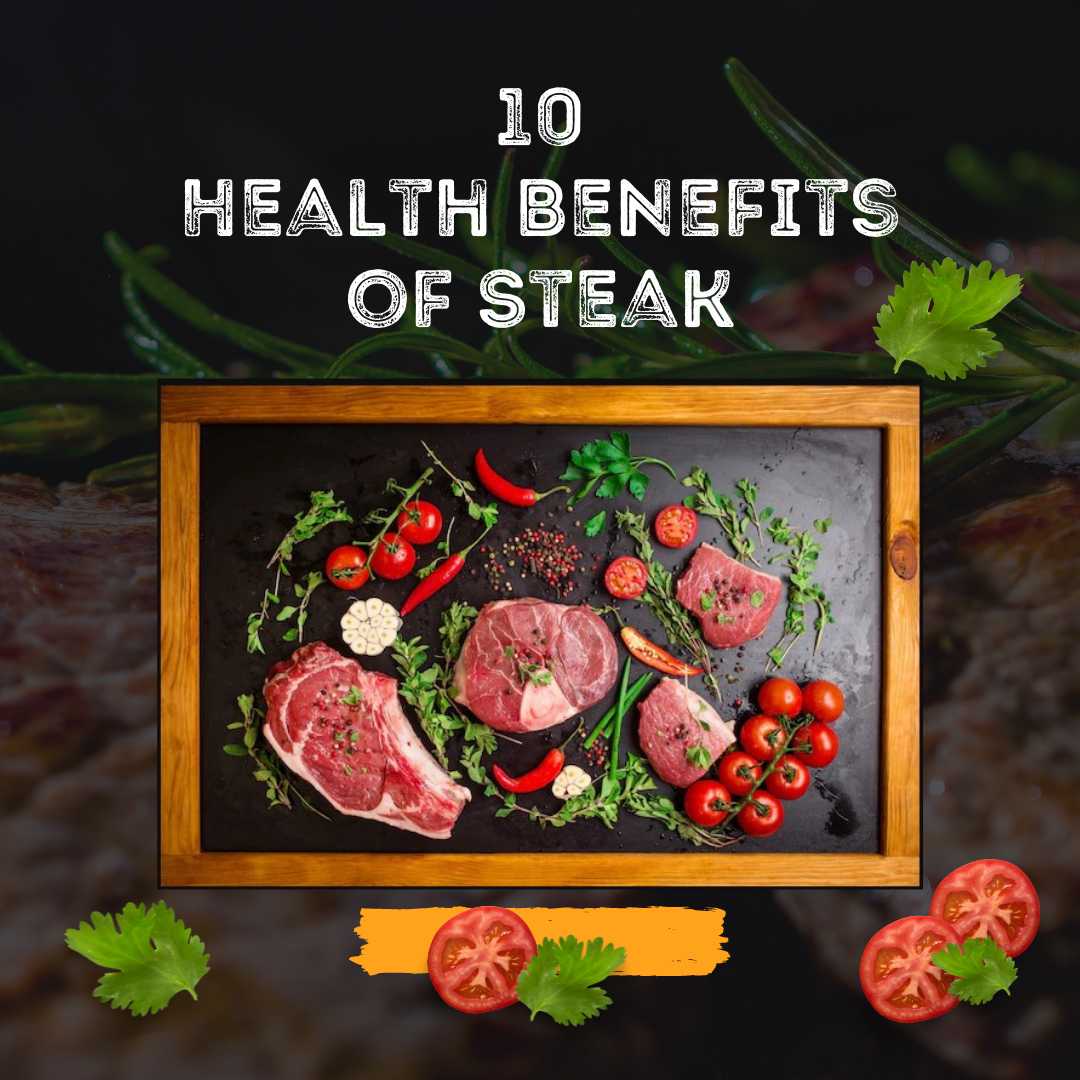Is Steak Healthy or Unhealthy?
Though steak is a delicious and popular food, there is some debate over whether or not it is healthy. On one hand, steak is a good source of protein, iron, and vitamin B12. It also has some healthy fa
Though steak is a delicious and popular food, there is some debate over whether or not it is healthy. On one hand, steak is a good source of protein, iron, and vitamin B12. It also has some healthy fa


Is steak healthy or unhealthy
Though steak is a delicious and popular food, there is some debate over whether or not it is healthy. On one hand, steak is a good source of protein, iron, and vitamin B12. It also has some healthy fats. Besides, steak is high in saturated fat, which can raise cholesterol levels and lead to heart disease. So, is steak healthy or unhealthy?
The answer may depend on a person's individual health and dietary needs. For people who are trying to watch their saturated fat intake, leaner cuts of steak, such as sirloin or flank steak, are a better option than fattier cuts, such as ribeye.
Additionally, grilling, broiling, or baking steak instead of frying it can help to reduce the amount of saturated fat. Steak can be part of a healthy diet, but it is important to eat it in moderation and to choose leaner cuts of meat.
When it comes to steak, there are a lot of different ways to cook it. You can pan-fry, broil, or grill your steak, and each method has its own benefits. But no matter how you cook it, steak is a great source of protein, iron, and other nutrients.
No matter how you cook your steak, it’s a good idea to let it rest for a few minutes before cutting into it. This allows the juices to redistribute, making for a juicier and more flavorful steak.
So, whether you grill, broil, or pan-fry your steak, you’re sure to enjoy the delicious taste and the many health benefits it has to offer.
When it comes to red meat, steak is often considered one of the healthier options. While it is higher in saturated fat than other cuts of meat, it is also a good source of protein, iron, and other nutrients. Here are 10 health benefits of eating steak:

Health Benefits of Eating Steak
Protein is essential for building and repairing tissues, and it also plays a role in many biological processes. Steak is a good source of protein, providing about 18 grams per 3-ounce (85-gram) serving.
Iron is a mineral that is essential for carrying oxygen in the blood. It is also necessary for proper immune function and cognitive development. Steak is a good source of iron, providing about 3 mg per 3-ounce (85-gram) serving.
Zinc is a mineral that is involved in many important functions in the body, including immune function, wound healing, and fertility. Steak is a good source of zinc, providing about 3 mg per 3-ounce (85-gram) serving.
B vitamins are a group of vitamins that are essential for energy metabolism, nerve function, and red blood cell production. Steak is a good source of several B vitamins, including vitamin B12, riboflavin, and niacin.
Selenium is a mineral that is important for thyroid function and immune function. It is also an antioxidant, which means it helps protect cells from damage. Steak is a good source of selenium, providing about 20 micrograms per 3-ounce (85-gram) serving.
If you're looking to improve your cholesterol levels, steak can be a helpful addition to your diet. Steak is a good source of protein and also contains healthy fats that can help improve your cholesterol levels. Just be sure to choose lean cuts of steak and cook them in a healthy way to get the most benefit.
Eating steak can help reduce the risk of heart disease. The saturated fat in steak can help reduce cholesterol levels, and the protein can help keep the heart muscle strong.
A new study has found that steak can help improve your cognitive function. The study, which was conducted by researchers at the University of Texas, found that participants who ate steak performed better on tests of executive function and working memory than those who did not eat steak. The researchers believe that the high levels of iron in steak may be responsible for the cognitive benefits.
If you're looking for a way to improve your energy levels, consider adding steak to your diet. Steak is a great source of protein and iron, both of which are essential for energy production.
Plus, the fat in steak can help to keep you feeling fuller for longer, helping to avoid those energy-sapping mid-day snacking sessions. So next time you're feeling run down, try reaching for a steak instead of a cup of coffee.
As it is a good source of protein, which can help you maintain a healthy weight. It is also a good source of iron, which is important for maintaining a healthy blood supply. Steak can also help you get the nutrients you need for a healthy immune system.
There are a few health risks associated with eating steak. One is that it is high in saturated fat, which can raise cholesterol levels and contribute to heart disease. Another is that it is high in protein, which can strain the kidneys. Finally, it is also high in iron, which can lead to constipation.
In general, however, steak is a relatively healthy food that can provide a good source of protein and other nutrients.
The healthiness of steak depends on a variety of factors, including the type of steak, the cooking method, and the accompanying ingredients. So far, steak can be a healthy part of a balanced diet when it is consumed in moderation and paired with other nutrient-rich foods.
Writer and content creator
Log in to share your thoughts and engage with other readers.